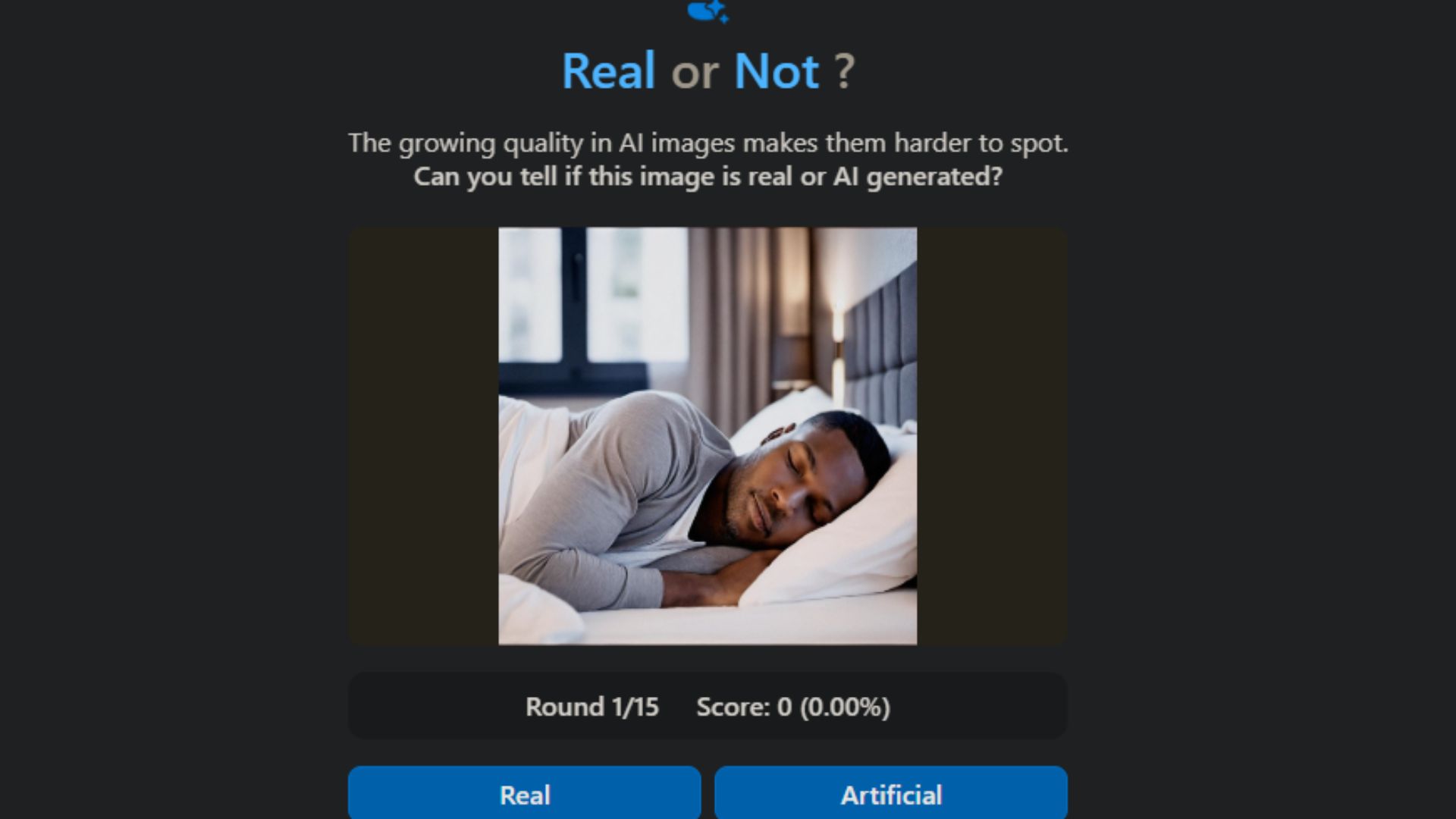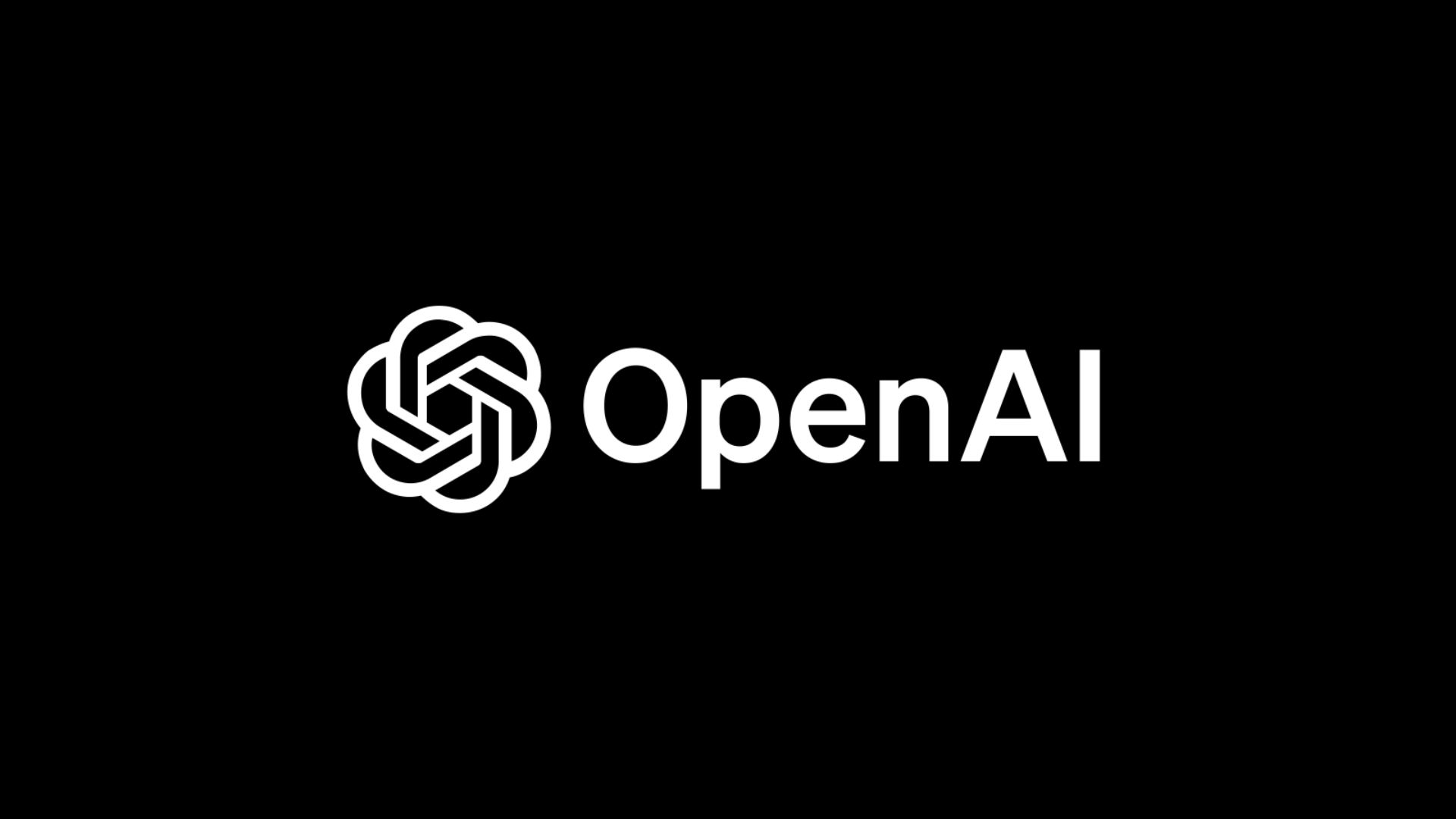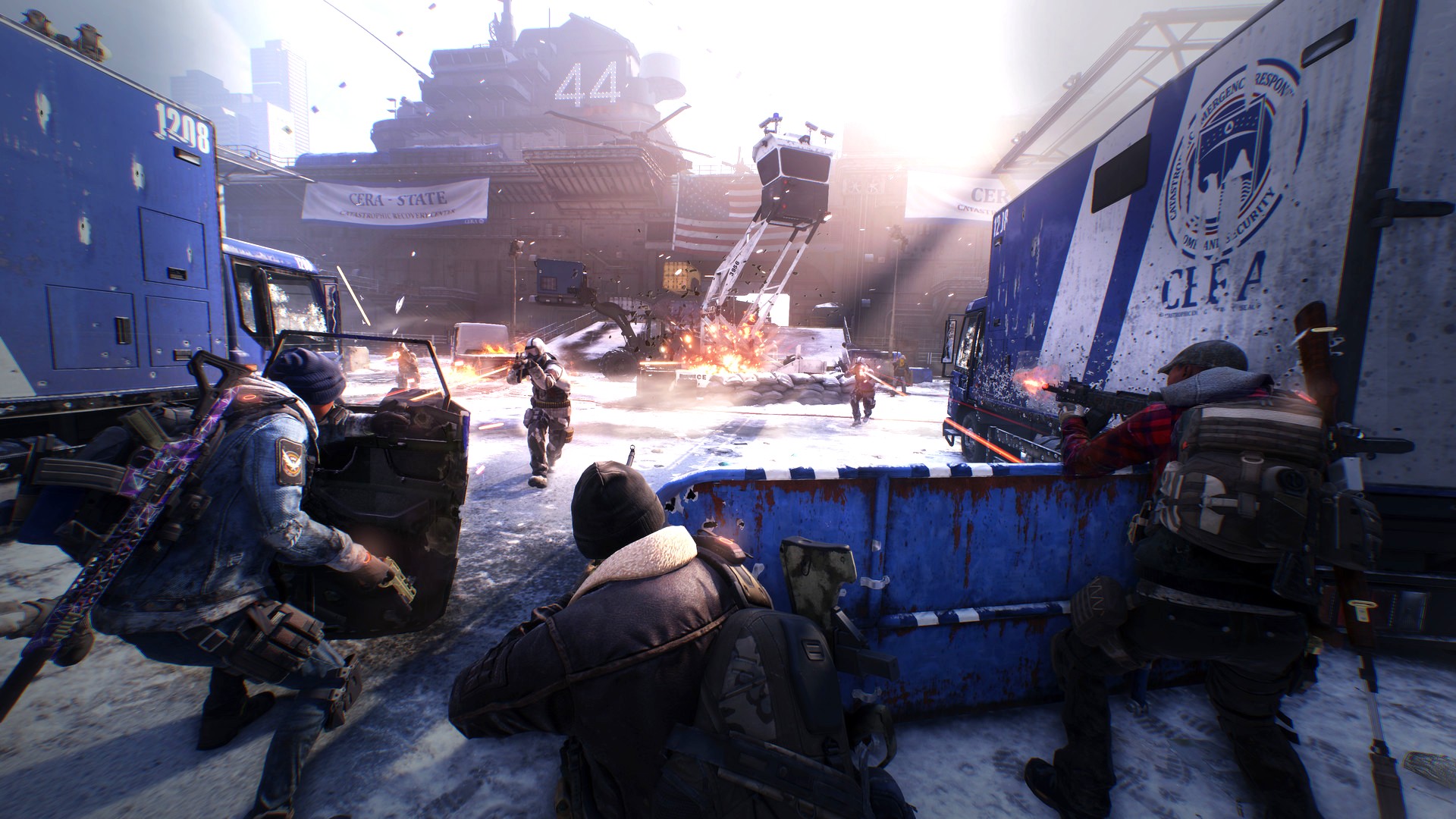Microsoft wants you to get better at AI detection with its new quiz game: "The growing quality in AI images makes them harder to spot"
How easy is it to identify AI-generated images?

What you need to know
- Microsoft Vice Chair and President Brad Smith has shared a new website that helps users sharpen their AI-detection skills.
- The company had previously recommended a comprehensive deepfake fraud statute to protect the public from scams.
- OpenAI has reportedly developed an AI detector tool that promises 99.9% accuracy but won't ship because it may affect its business model negatively.
Last month, Microsoft Vice Chair and President Brad Smith outlined several measures the company intends to use to protect the public from deepfakes, including a request to the US Congress to pass a comprehensive deepfake fraud statute. As part of Microsoft and Smith's broader plans to make AI-generated content easily identifiable, there's now a new website realornotquiz.com designed to test and sharpen your AI-detection skills.
Can you tell if this image is real or not? Take the quiz to test your AI-detection skills and repost with your score to help stop the spread of deepfakes. https://t.co/uN8Tjfoy77(Yes, it’s an AI generated image) pic.twitter.com/01bmP3Ig2XAugust 5, 2024
As AI-powered tools like Image Creator by Designer, ChatGPT, and DALL-E 3 become more sophisticated, identifying AI-generated content is now more difficult. The image generation tools are more advanced than ever and are on the brink of claiming jobs from interior design and architecture professionals. While the tools can generate detailed structural designs based on text prompts, they fail at simple tasks like creating a plain white image.
While companies like OpenAI have plans underway to develop new tools to help identify AI-generated content, including tamper-resistant watermarking, the Real or Not website seems like an immediate solution that will help users identify AI-generated content and deepfakes flooding the internet.
The website is essentially a game where you select whether the image presented is real or artificial. I dabbled with the website for a few minutes, and it's evident that "The growing quality in AI images makes them harder to spot." The funny part is that I felt the images labeled as artificial seemed more real. You can give it a go and see what I'm talking about.
OpenAI is having second thoughts about its detection tool
With the rapid adoption and widespread access to AI tools, more people are leveraging tools like ChatGPT to summarize long-form content or outrightly use them to write articles, emails, and more. This has sparked debates across social media, with employers and course facilitators having to use advanced tools to detect AI-generated content (this doesn't mean the tools are 100% accurate).
However, OpenAI might finally have a solution for this issue (via The Decoder). According to sources familiar with the tech startup's operations, it has reportedly developed an AI text detection tool that promises 99.9 % accuracy.
Interestingly, the company is reportedly holding the tool's launch back. The AI detection tool could negatively impact the ChatGPT maker's business model. "We risk credibility as responsible actors," added OpenAI. An internal survey revealed a third of ChatGPT users would be affected by its launch. In the interim, the tech firm will reportedly seek public opinion and legislation for a way forward later in the fall.
All the latest news, reviews, and guides for Windows and Xbox diehards.
🔥The hottest trending deals🔥
- 🎮 Seagate Xbox Series X|S Card (2TB) | $249.99 at Best Buy (Save $110!)
- 🕹️Xbox Game Pass Ultimate (3-months) | $29.39 at CDKeys (Save $21!)
- 🎮Lenovo Legion Go (Z1 Extreme, 512GB) | $599.99 at Best Buy (Save $100!)
- 💻HP Victus 15.6 Laptop (RTX 4050) | $599 at Walmart (Save $380!)
- 📺Amazon Fire TV Xbox Game Pass bundle | $82.85 at Amazon (Save $37!)
- ⌨️Surface Pro Keyboard + Slim Pen 2 | $112.99 at Best Buy (Save $167!)
- 🕹️Xbox Game Pass Core (12-months) | $42.19 at CDKeys (Save $18!)
- 💻Lenovo Yoga 7i 16 (Core i5) | $774.99 at Lenovo (Save $365!)
- 🖱️Razer DeathAdder V3 Wired Mouse | $50.99 at Best Buy (Save $19!)
- 💻HP OMEN Transcend 14 (RTX 4050) | $1,199.99 at HP (Save $400!)
- 🖱️Razer Basilisk V3 Wired Mouse | $49.99 at Best Buy (Save $20!)
- 🖥️Lenovo ThinkStation P3 (Core i5 vPro) | $879.00 at Lenovo (Save $880!)
- 🎮No Man's Sky (PC, Steam) | $24.29 at CDKeys (Save $36!)
- 💻Dell XPS 13 (Snapdragon X Elite) | $1,099.99 at Dell (Save $200!)

Kevin Okemwa is a seasoned tech journalist based in Nairobi, Kenya with lots of experience covering the latest trends and developments in the industry at Windows Central. With a passion for innovation and a keen eye for detail, he has written for leading publications such as OnMSFT, MakeUseOf, and Windows Report, providing insightful analysis and breaking news on everything revolving around the Microsoft ecosystem. While AFK and not busy following the ever-emerging trends in tech, you can find him exploring the world or listening to music.

